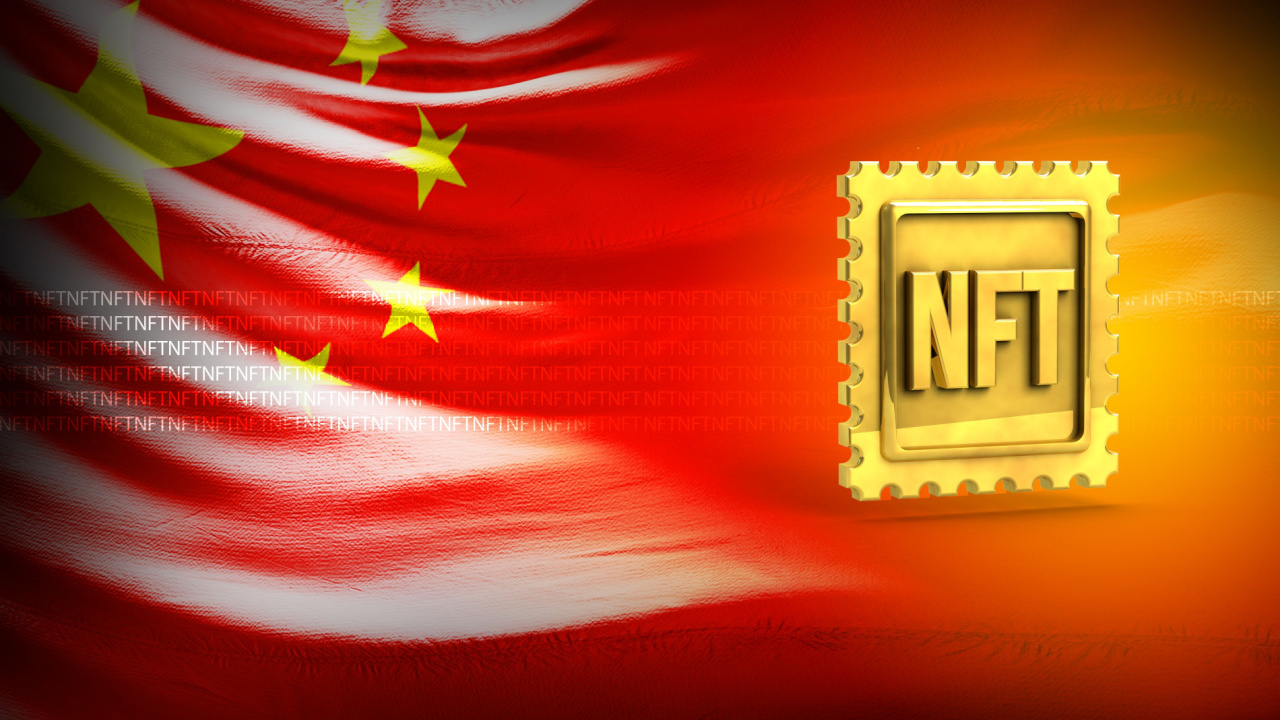by Lubomir Tassev
Authorities in China are going after creators of digital collectibles based on other people’s works of art, the use of which was not authorized. The government offensive is part of a campaign to combat online copyright infringement and piracy with the participation of several departments.
The National Copyright Administration of China (NCAC) has recently launched a campaign against copyright infringement and piracy on the internet, together with the Ministry of Industry and Information Technology, the Ministry of Public Security, and the State Internet Information Office of the People’s Republic.
A major objective of the initiative is to improve copyright supervision of online businesses by investigating cases involving the sale and distribution of infringing products on short video, live broadcast and e-commerce platforms, and promptly dealing with infringing content, the agency announced in a press release on Friday.
The NCAC is especially worried about growing problems with copyright protection stemming from the activities of a vast number of entities operating with innovative technologies. One of the areas where the watchdog wants to increase oversight is the issuance of non-fungible tokens (NFTs).
The authority said it plans to “severely crack down on the unauthorized use of other people’s works of art, music, animation, games, film, and television to create NFTs, make digital collections and sell pirated scripts through the Internet.”
The agency is convinced that progress in that direction can be made by strengthening the entire online copyright chain, promoting regulatory standards and imposing penalties. It insists this would accelerate the establishment of a market-oriented, legalized and international business environment, and provide the copyright support needed to stimulate entrepreneurship and innovation.
While allowing their issuance, China has been trying to curb speculation with NFTs. Tech giants like Tencent and Ant Group have cooperated with Beijing and distanced themselves from the crypto-related term “non-fungible tokens,” opting for the more generic “digital collectibles.” In April, reports indicated that the popular Chinese messaging app Wechat is suspending accounts linked to NFTs.
Do you think China will be able to limit copyright infringement related to non-fungible tokens? Share your thoughts on the subject in the comments section below.
Lubomir Tassev is a journalist from tech-savvy Eastern Europe who likes Hitchens’s quote: “Being a writer is what I am, rather than what I do.” Besides crypto, blockchain and fintech, international politics and economics are two other sources of inspiration.
Image Credits: Shutterstock, Pixabay, Wiki Commons
Disclaimer: This article is for informational purposes only. It is not a direct offer or solicitation of an offer to buy or sell, or a recommendation or endorsement of any products, services, or companies. Bitcoin.com does not provide investment, tax, legal, or accounting advice. Neither the company nor the author is responsible, directly or indirectly, for any damage or loss caused or alleged to be caused by or in connection with the use of or reliance on any content, goods or services mentioned in this article.
Central Bank of Brazil Confirms It Will Run a Pilot Test for Its CBDC This Year
The Central Bank of Brazil has confirmed that the institution will run a pilot test regarding the implementation of its proposed central bank digital currency (CBDC), the digital real. Roberto Campos Neto, president of the bank, also stated that this … read more.
Oman to Incorporate Real Estate Tokenization in Virtual Assets Regulatory Framework
Real estate tokenization is set to be incorporated into Oman Capital Markets Authority (OCMA)’s virtual asset regulatory framework. According to an advisor with the authority, the tokenizing of real estate will open investment opportunities for local and foreign investors. Real … read more.
Check all the news here

